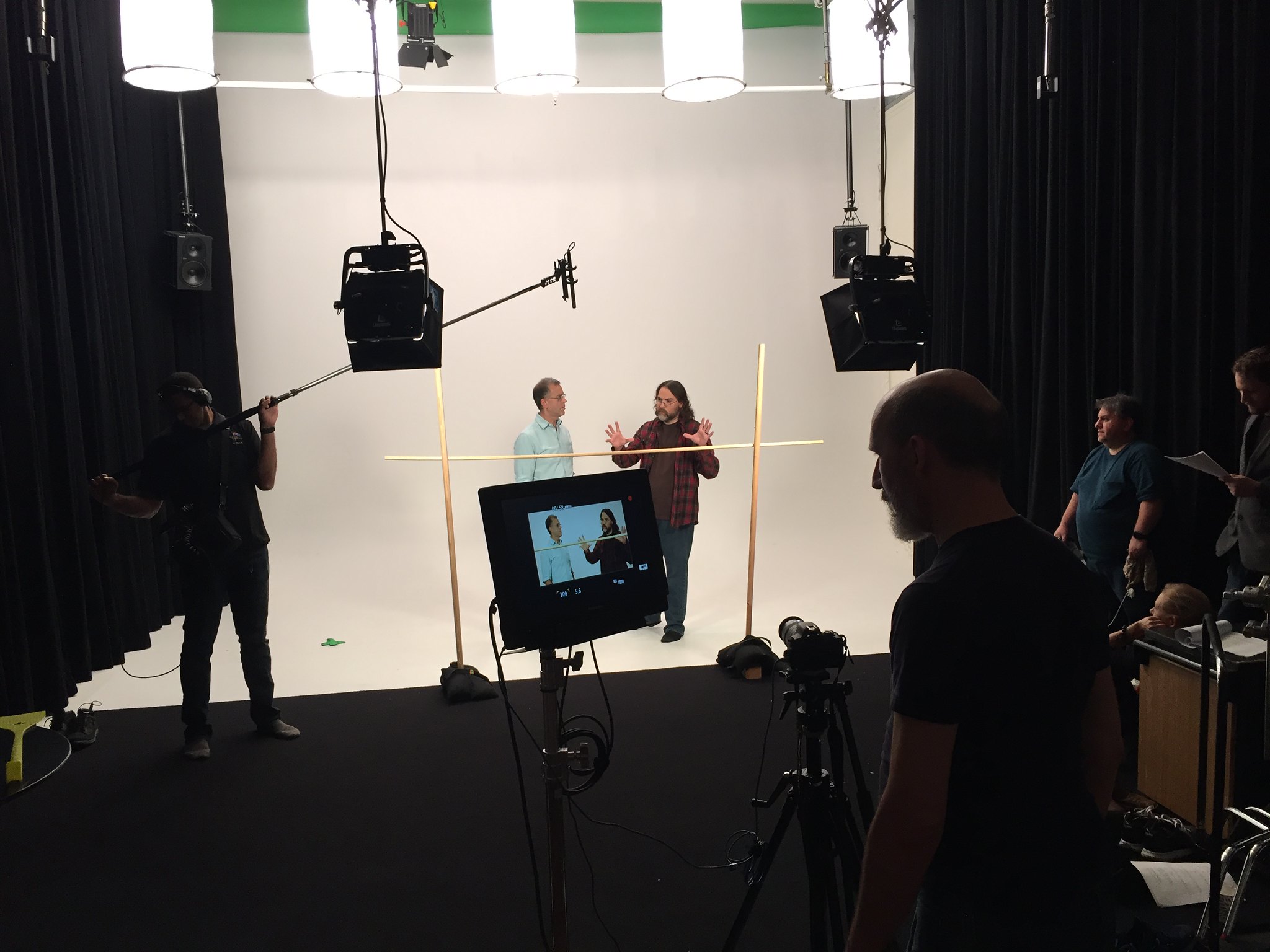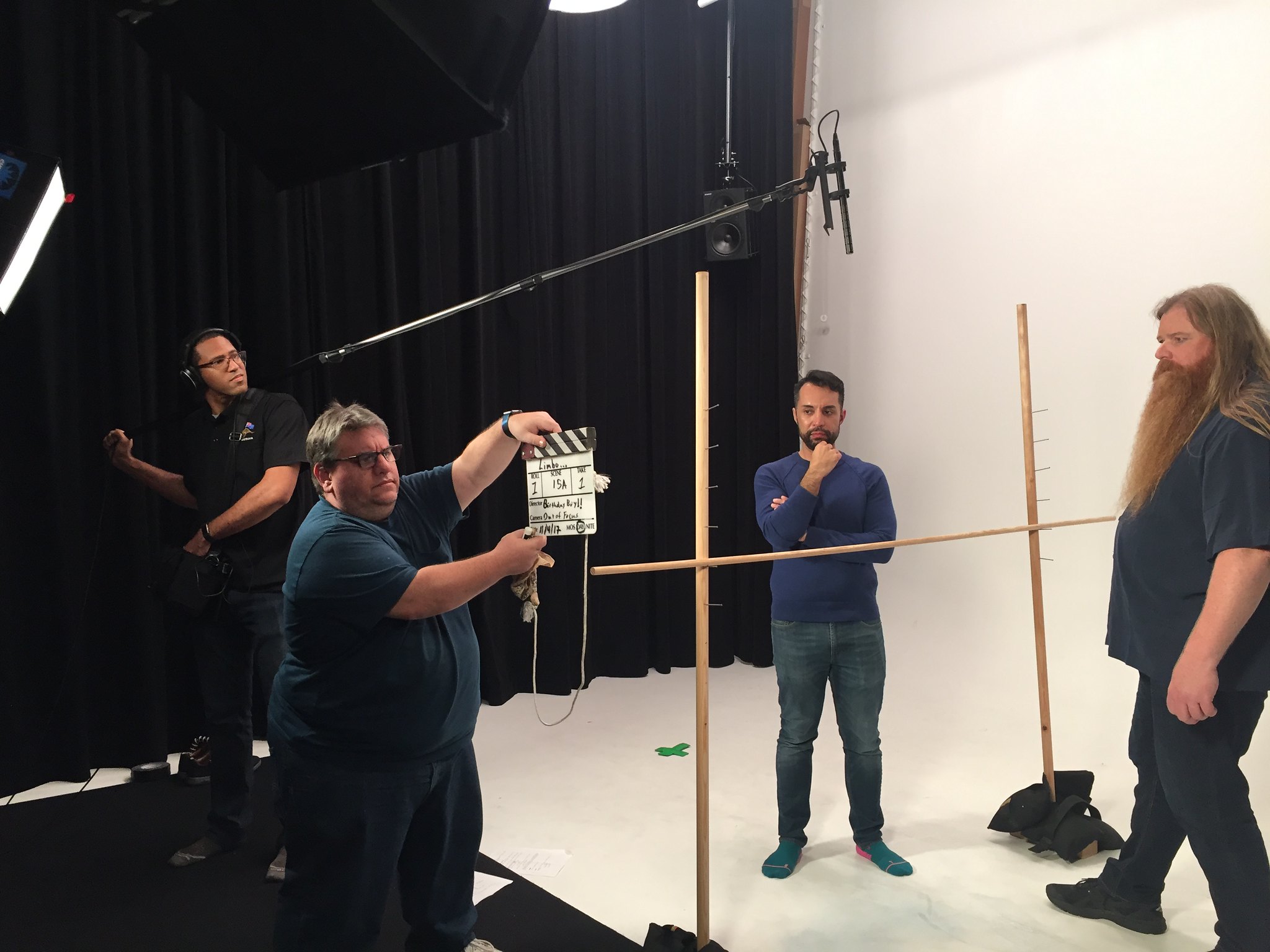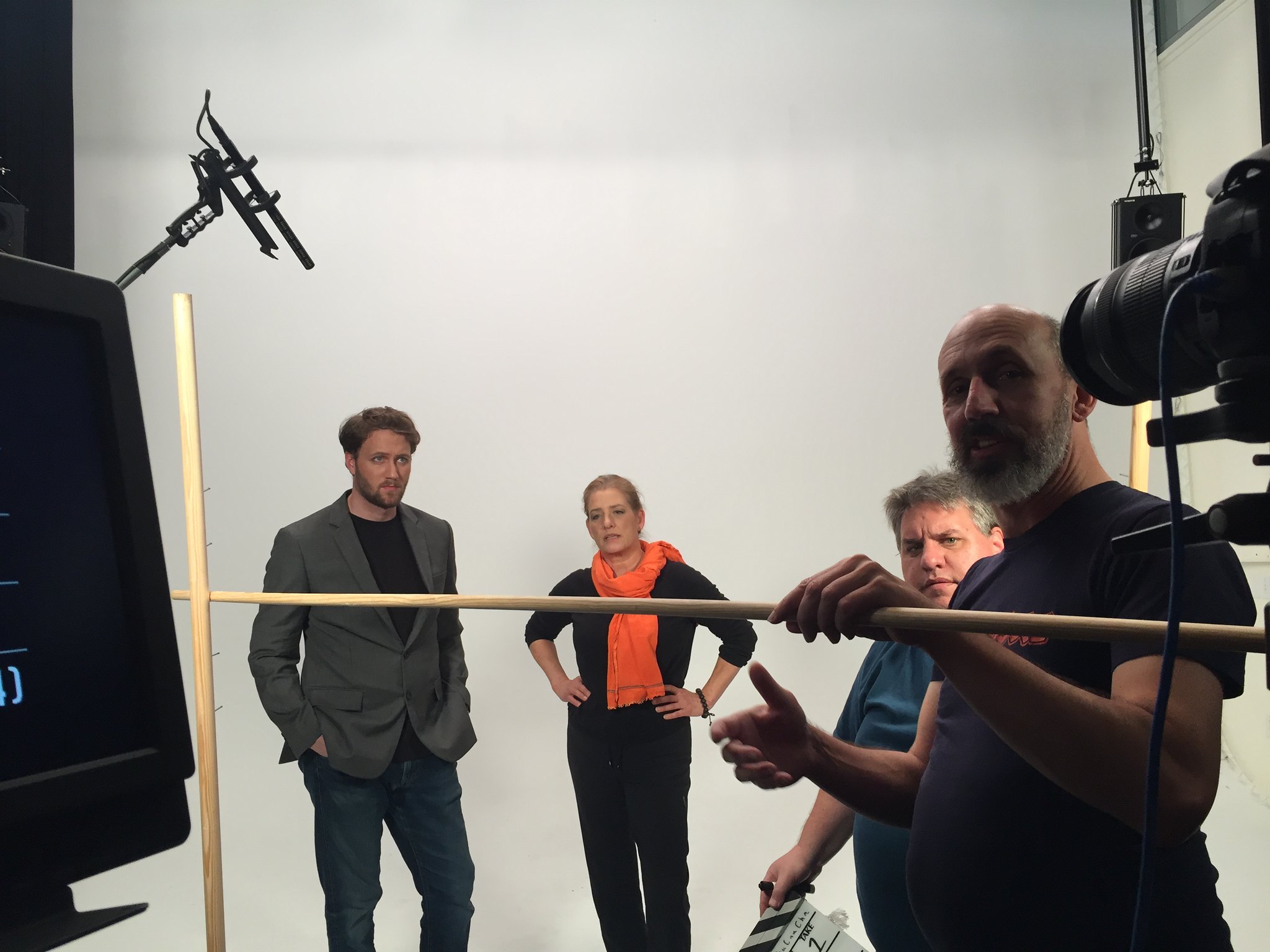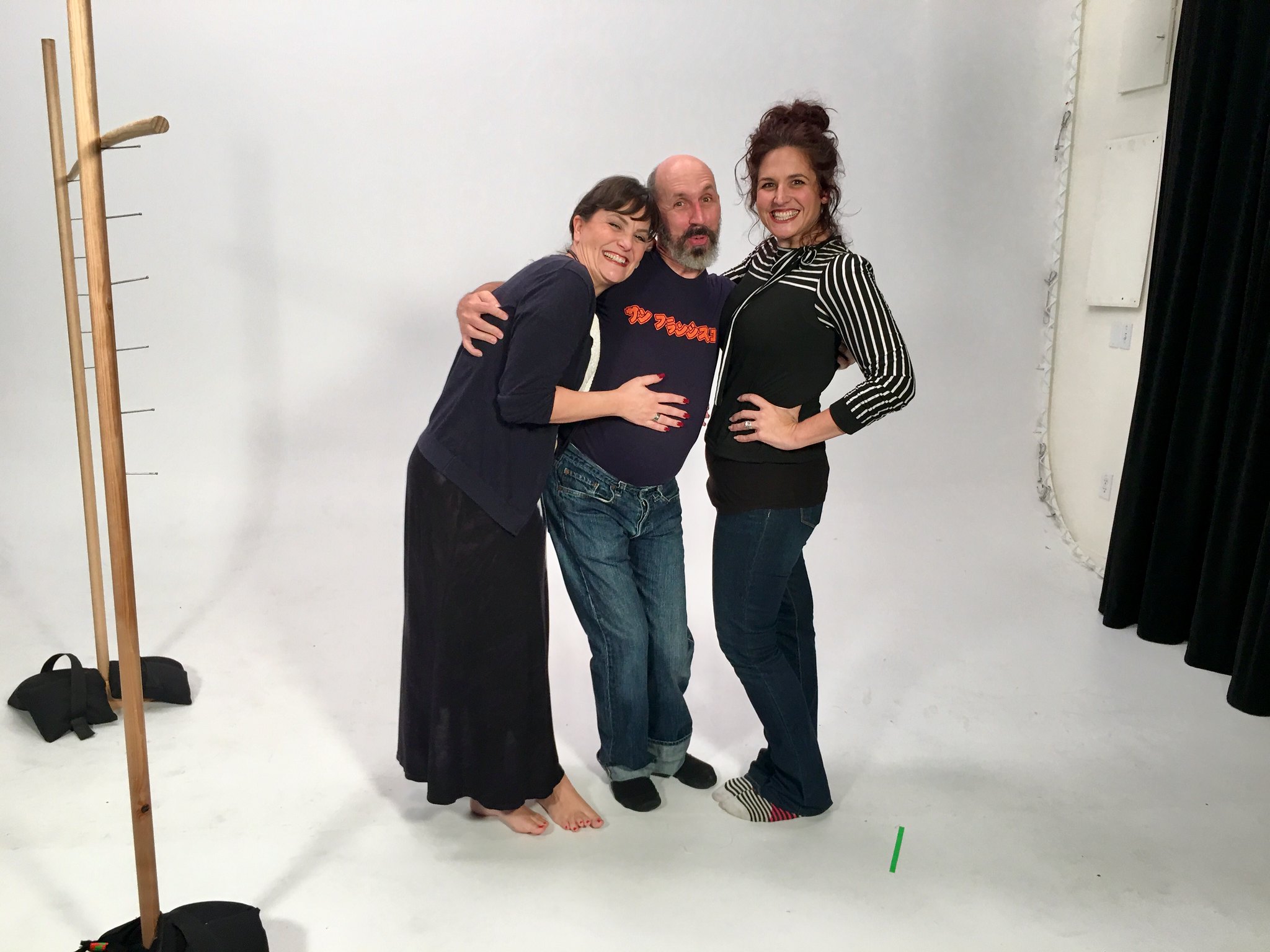This post may seem negative at first. But stick with it. You'll see where I'm going is a happy place.
BREAKING RULES
One thing I hear a lot from novice filmmakers are rationalizations for breaking rules, especially where cinematography and editing are concerned.
I've said it before and it's worth repeating: most such rules are there for a good reason, usually because they make intuitive sense to viewers, or from a production sense, as in they make shooting and editing the film in a coherent fashion easier.
The reality of breaking rules as a beginner is this: it rarely works. In fact, it almost never works. This because novices are not experienced enough to understand what the rules are let alone assess the negative impacts of breaking them.
Okay, sure, when Orson Welles went to RKO he questioned everything, and this got the people he was working with—notably cinematographer Gregg Toland—to consider if they could do things differently, resulting in the groundbreaking and still influential Citizen Kane. But Welles is the last man beginners should look to as a model. First of all, because he's Orson Fucking Welles, wunderkind and enfant terrible. Second, he had tons of stage and radio experience to draw from as a writer, director and actor before landing at RKO. Thirdly, once at RKO he had the genius of Toland and an army of professionals at hand who could implement or improve his good ideas and explain things to him the WHY of the rules, thus he could make educated decisions about which rules to break and when. RKO was his education.
Chances are, you're neither Wellesian nor have a Toland on hand. I'm sure not, and don't.
So, yes, you can defiantly or ignorantly Cross The Line, disregard Directional Continuity, forget the 30° Rule and throw away continuity cutting in all your films, but without understanding the why of those rules, or thinking about the consequences of ignoring them, chances are 99% that the results are going to be RUBBISH, little more than a collection of beginner MISTAKES which only hurt your work. Yes, there are occasional novices who reshape the field via innovation, but, like a lotto ticket, chances are most people aren't a winner.
Now for the light at the end of this tunnel. I write all this not to slap people down and imply that they're doomed to not be able to innovate. On the contrary, I say all this as a means of setting up HOW one goes about becoming a successful rule-breaker, as ably illustrated by the video below. It concerns the French New Wave and how and why its practitioners broke rules and why their rule breaking was successful. Hint: most of them were students and critics of film who understood the history and language of cinema in such detail that they could push the envelope because they knew that envelope inside-out.
BREAKING RULES
One thing I hear a lot from novice filmmakers are rationalizations for breaking rules, especially where cinematography and editing are concerned.
I've said it before and it's worth repeating: most such rules are there for a good reason, usually because they make intuitive sense to viewers, or from a production sense, as in they make shooting and editing the film in a coherent fashion easier.
The reality of breaking rules as a beginner is this: it rarely works. In fact, it almost never works. This because novices are not experienced enough to understand what the rules are let alone assess the negative impacts of breaking them.
Okay, sure, when Orson Welles went to RKO he questioned everything, and this got the people he was working with—notably cinematographer Gregg Toland—to consider if they could do things differently, resulting in the groundbreaking and still influential Citizen Kane. But Welles is the last man beginners should look to as a model. First of all, because he's Orson Fucking Welles, wunderkind and enfant terrible. Second, he had tons of stage and radio experience to draw from as a writer, director and actor before landing at RKO. Thirdly, once at RKO he had the genius of Toland and an army of professionals at hand who could implement or improve his good ideas and explain things to him the WHY of the rules, thus he could make educated decisions about which rules to break and when. RKO was his education.
Chances are, you're neither Wellesian nor have a Toland on hand. I'm sure not, and don't.
So, yes, you can defiantly or ignorantly Cross The Line, disregard Directional Continuity, forget the 30° Rule and throw away continuity cutting in all your films, but without understanding the why of those rules, or thinking about the consequences of ignoring them, chances are 99% that the results are going to be RUBBISH, little more than a collection of beginner MISTAKES which only hurt your work. Yes, there are occasional novices who reshape the field via innovation, but, like a lotto ticket, chances are most people aren't a winner.
Now for the light at the end of this tunnel. I write all this not to slap people down and imply that they're doomed to not be able to innovate. On the contrary, I say all this as a means of setting up HOW one goes about becoming a successful rule-breaker, as ably illustrated by the video below. It concerns the French New Wave and how and why its practitioners broke rules and why their rule breaking was successful. Hint: most of them were students and critics of film who understood the history and language of cinema in such detail that they could push the envelope because they knew that envelope inside-out.
Last edited:








